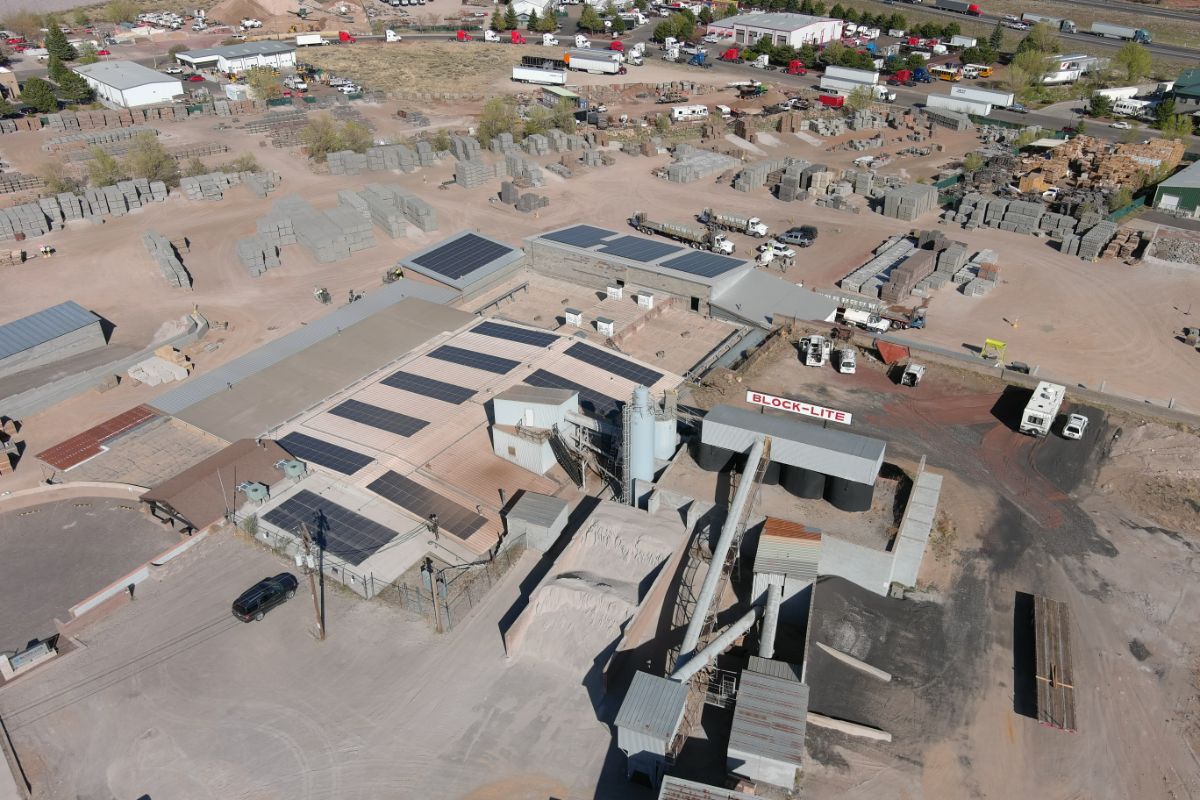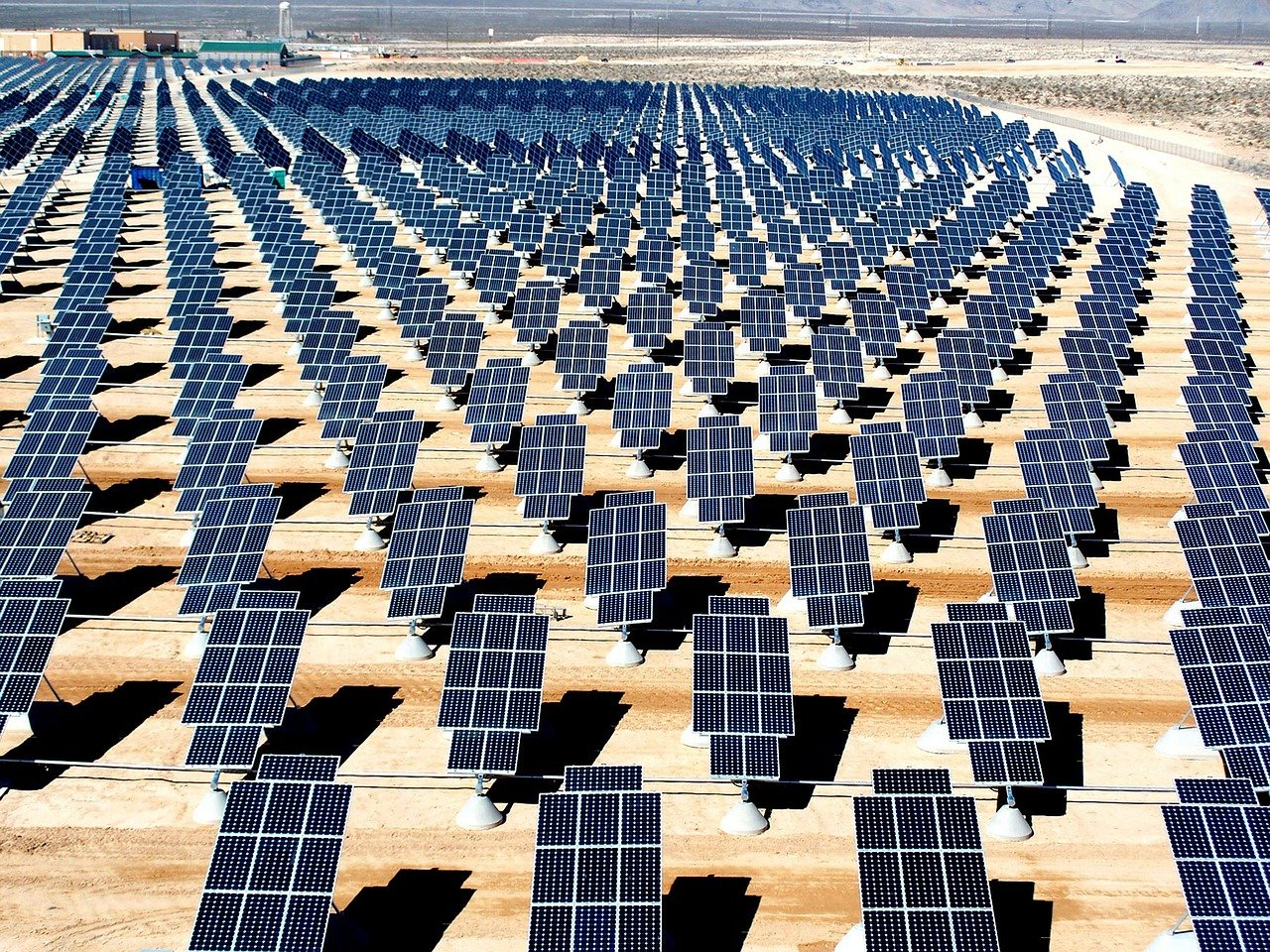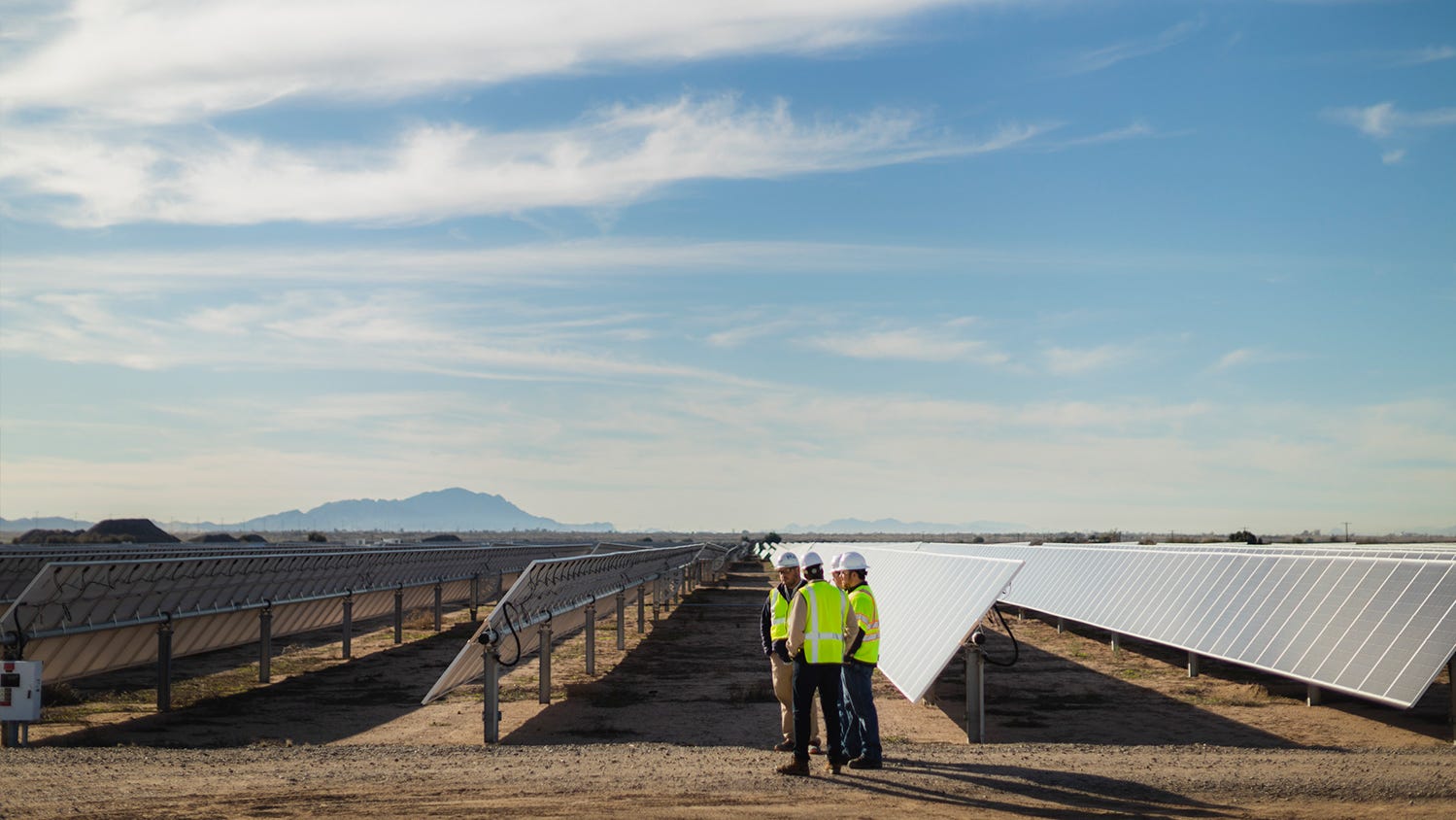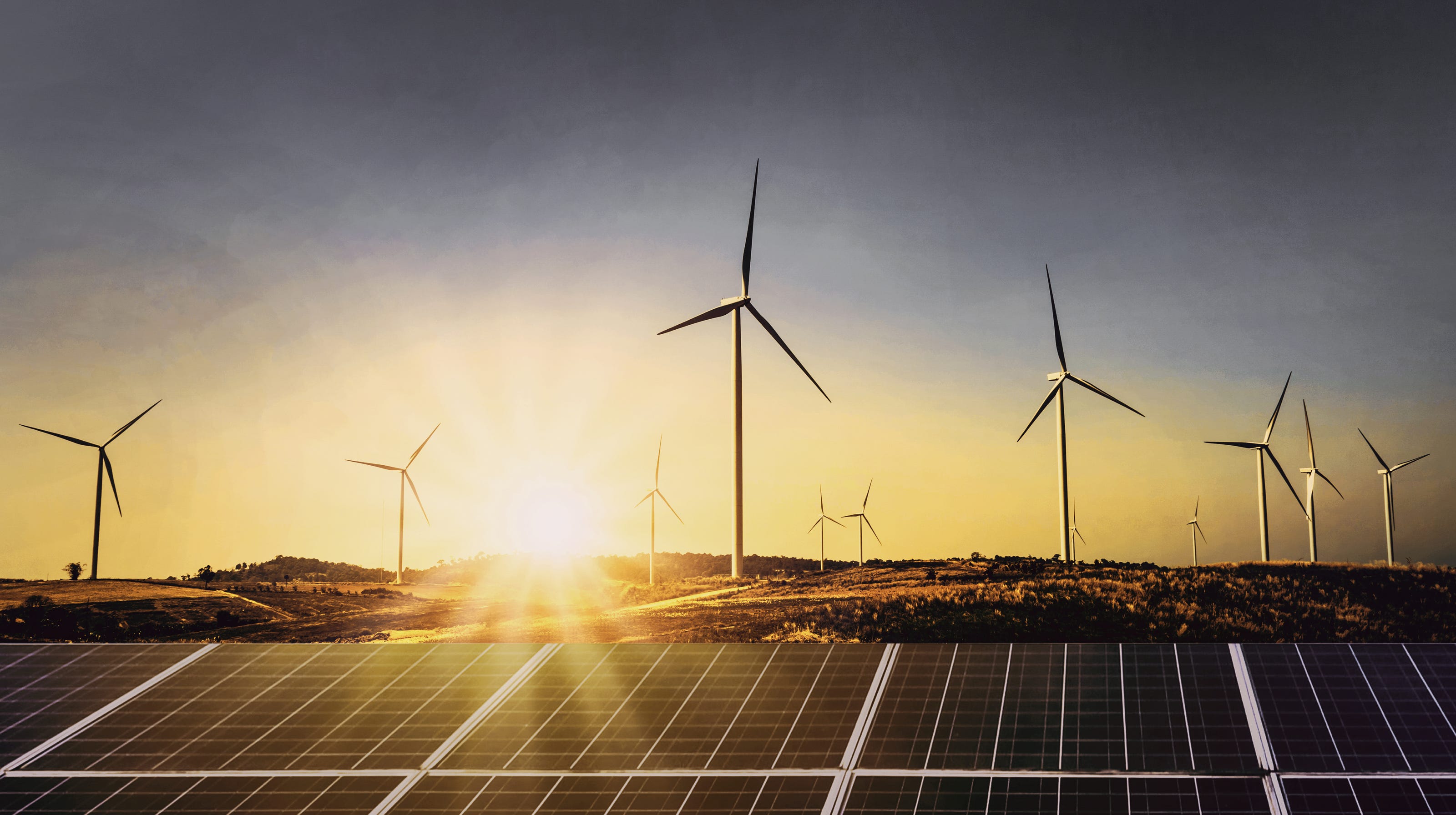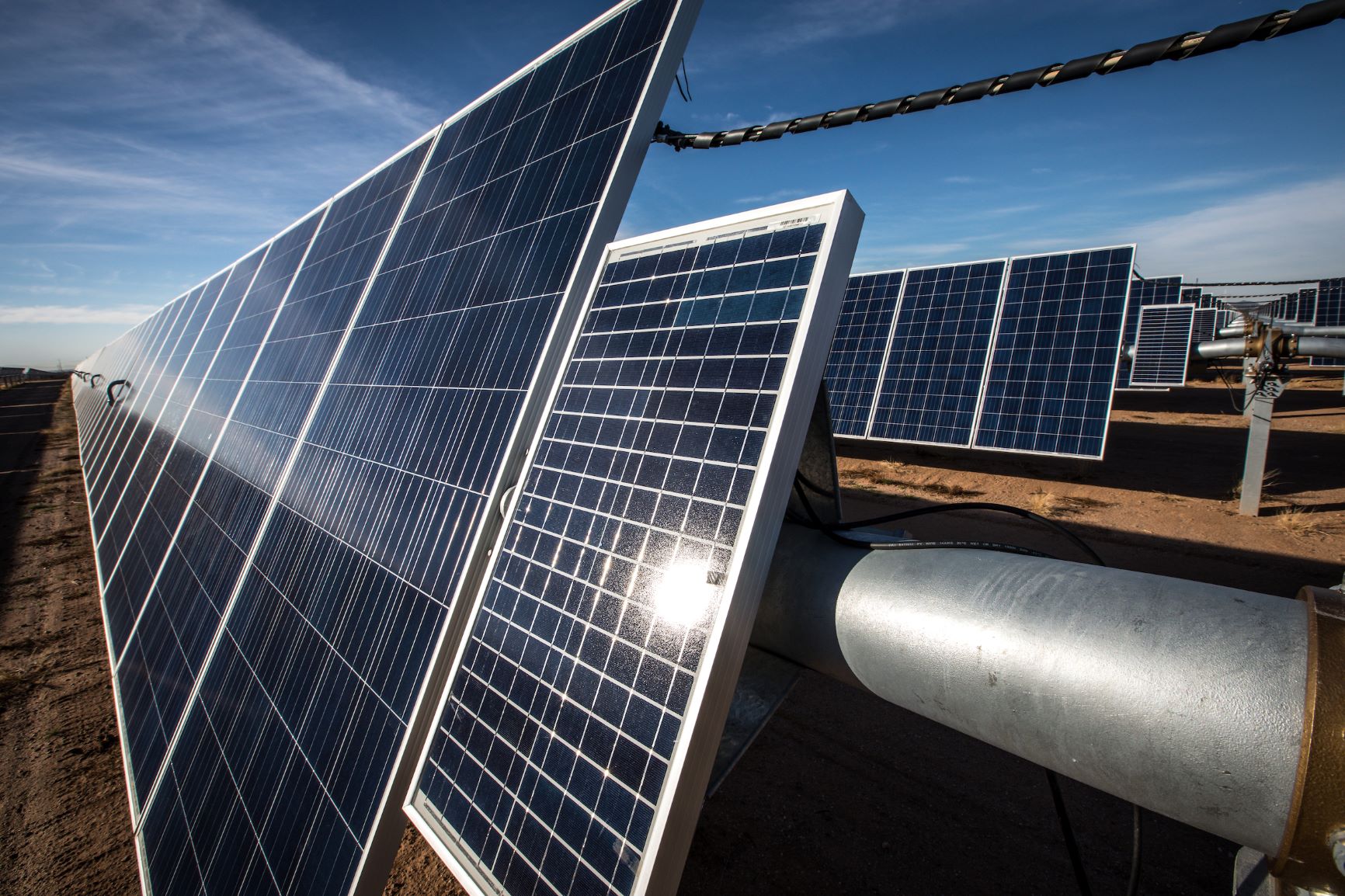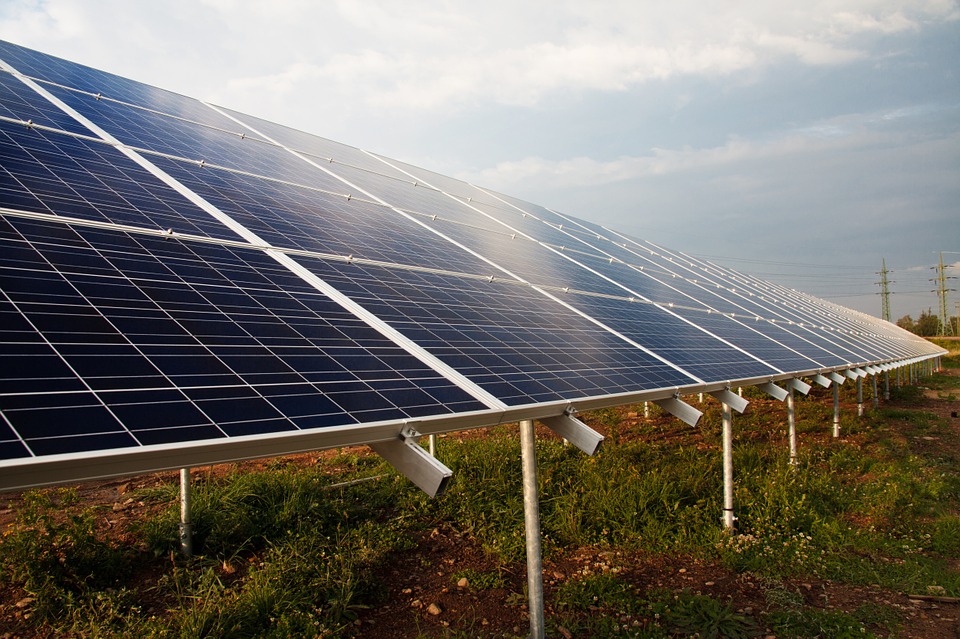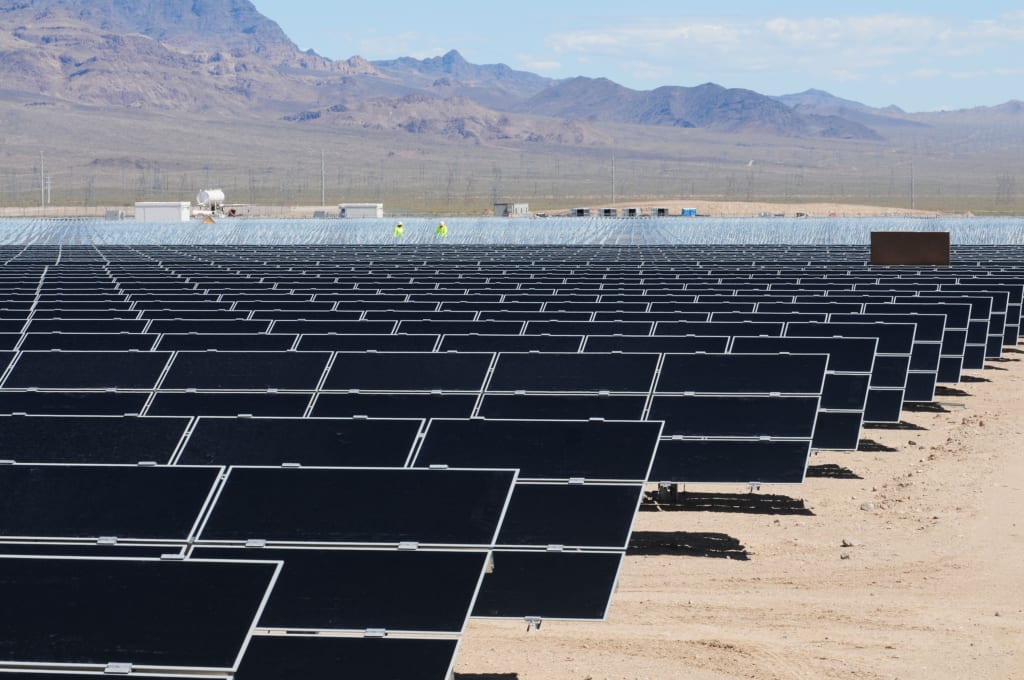POWER UPRENEWABLE ENERGY
More and more our dependence on fossil fuels is behind us. In April 2019, for the first time, renewable energy generating capacity surpassed coal, according to the U.S. Department of Energy.
Innovations in renewable technologies promise true energy independence. Bringing these innovations to market requires careful planning, collective commitment and coordinated action with private and public entities pooling their best minds and resources.
Renewables are a $64 billion market in the United States, which accounts for 11 percent of energy consumption. Solar energy is a large part of this consumption, as one of the top two sources of new electricity generating capacity in the U.S.
HARNESSING RENEWABLE ENERGYIN ARIZONA
Arizonans are experts in fueling a robust economy using renewable resources. The state is the 14th most-populous, but energy consumption is very low.
The state is at the forefront of renewable energy as a leader in solar power. Sunny skies allow for expansive solar energy programs that manufacture and install solar panels. Arizona businesses have developed, engineered and built photovoltaic power plants across the state, paving the way for future energy needs.
#2 state
#2 state
361
17 percent
Arizona’s universities are also committed to sustainable initiatives including solar and wind installations, infrastructure improvements to reduce electrical and natural gas consumption, and labs dedicated to researching a sustainable future.
The primary energy source for Arizona is nuclear. West of Phoenix is Palo Verde Generating Station, the nation’s largest nuclear power plant, producing power for more than 4 million people across regions in New Mexico, Texas, California and Arizona. The generating station is dedicated to being the largest carbon-free contributor to Arizona’s clean air energy -- recycling more than 20 billion gallons of wastewater annually from surrounding municipalities to cool the plant.
Renewable Energy in the News
/cloudfront-us-east-1.images.arcpublishing.com/gray/SJFHNP4GBJDF7PCFTMHHGUMTJ4.jpg)








